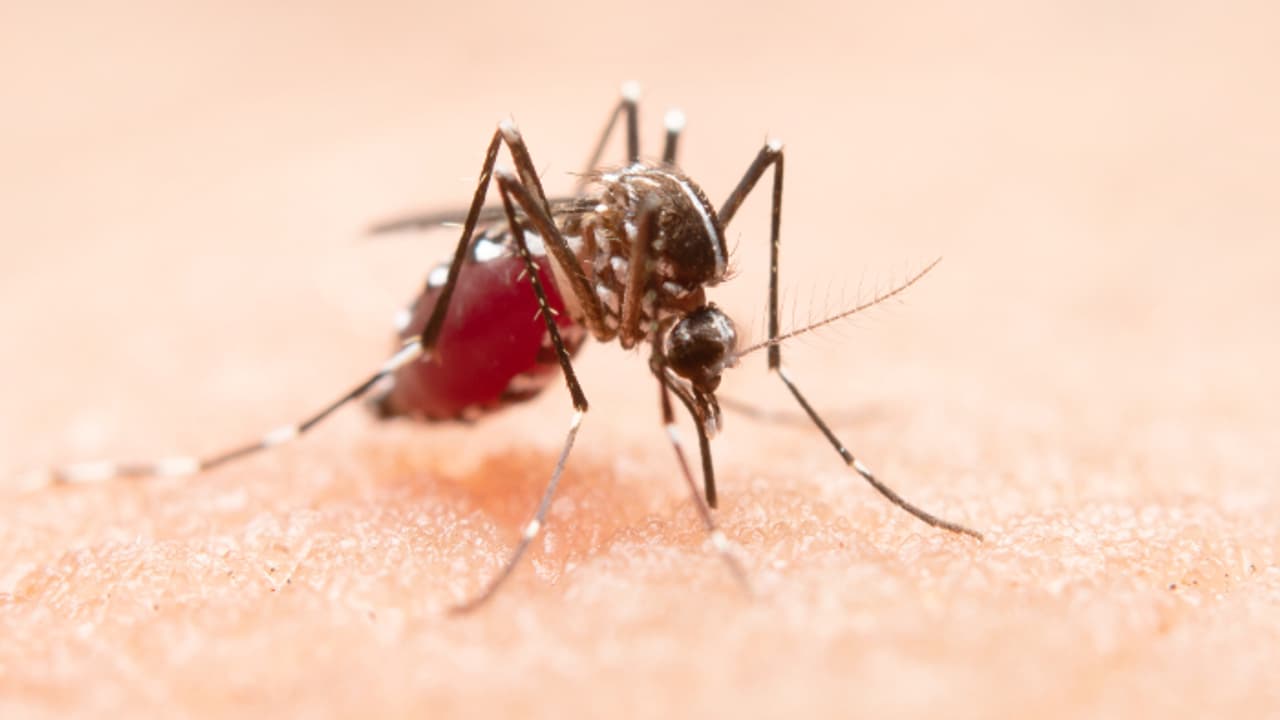Bengaluru reports over 500 active dengue cases after heavy rains, along with increased fever, malaria, chikungunya, and gastroenteritis cases. Stagnant water and cold weather fuel infections.
Bengaluru: Following heavy rainfall in the past week, Bengaluru has reported over 500 active dengue cases amid a surge in common fever and other infectious diseases. The pre-monsoon showers have caused flooding and raised health concerns, with increased reports of dengue, malaria, chikungunya, viral infections, colds, fatigue, and headaches. Gastroenteritis, caused by contaminated water, is also on the rise.

Hospitals such as KC General and Victoria are experiencing a surge in outpatient cases. Factors like stagnant water from rains, changing weather patterns, and persistent cold temperatures contribute to the spread. Residents in slums and densely populated areas with complex housing systems are especially vulnerable. Doctors note a high incidence of fever among children and the elderly.
Dengue, transmitted by the Aedes aegypti mosquito, can be life-threatening if untreated. Doctors stress the importance of preventing water stagnation to control mosquito breeding.
Health risks for children and elderly
Gastroenteritis, or stomach flu, is increasing, spreading through contact with infected individuals or contaminated food and water. Symptoms include diarrhoea, vomiting, low blood pressure, and kidney issues, affecting children and the elderly most severely. Immediate medical attention is advised if symptoms appear.
Statewide dengue cases reach 1,403
Bengaluru recorded 110 dengue cases last week, with over 500 active cases currently. Across Karnataka, there are 1,403 dengue cases, 343 chikungunya cases (including 22 last week), and 65 malaria cases, with Bengaluru accounting for a large share.
“Dengue cases have spiked in Bengaluru along with rising COVID concerns. People need to be cautious about their health,” said Dr Ansar Ahmed, Director of the Integrated Disease Surveillance Programme.


